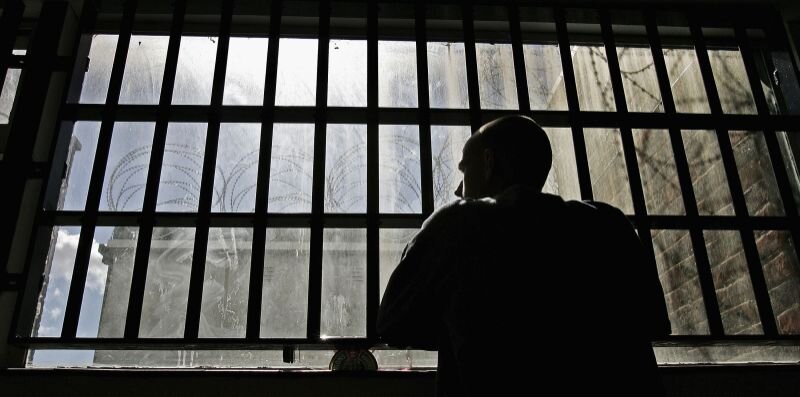
Corrections Chaplaincy
Chaplaincy in Prison
Prison is a unique place for people to face the fundamental questions about life and death. Common themes in prison chaplaincy are the search for the purpose of life, the meaning of death, the role of hardship, trials, justice, punishment and reward. Prisons are places where people are seeking spiritual support and care as faith helps inmates to adjust to the psychological consequences of prison life. Challenges such as depression, fear, confinement, and separation from loved ones while they struggle with emotional problems like guilt, loss of freedom and finding new directions.
Corrections chaplains are employed by the county, state and federal governments to ensure that detained and incarcerated individuals have access to their First Amendment rights for the free exercise of religion. These chaplains serve an important role in assisting individuals in their spiritual growth and personal development – an essential part of any true corrections system.
Their duties include: facilitating religious services, teaching, providing pastoral counseling and grief support, coordinating volunteer clergy and religious programming, mediating conflicts, delivering death notifications, and providing guidance on religious accommodations. Corrections chaplains also commonly serve on institutional teams providing services to their colleagues in times of crisis.
Importantly, they are responsible for ensuring services to all inmates regardless of faith. In the case of non-Muslims this may involve things such as providing grief support to a Christian upon notification of the loss of a family member, monitoring a Jewish worship service, or setting up a Native American Sweat Lodge.
Muslim chaplains have a unique role as cultural brokers between the prison administration and the Muslim inmates. Part of this is serving as an expert on sensitive cultural and religious issues with regards to the practice of Islam in the prison setting, and other times advocating for Muslim inmates in the event that they become subject to unfair treatment due to their religious affiliation. Arranging for daily prayers as well as jummah (congregational worship) and Eid prayers, are important parts of a Muslim chaplain’s duty. Chaplains also maintain Ramadan fasting rosters and provide institutional guidance on meal preparation and serving times. Muslim chaplains are responsible for ensuring that the theological diversity and practices of Muslim prisoners are protected and supported by Chaplaincy Services in way that does not allow one interpretation to be imposed unilaterally. Chaplains are first and foremost part of the corrections team. As such they must maintain a critical professional boundary between themselves and the inmates, this is particularly important in a prison system where it requires a constant process of discernment to ensure inmates are not manipulating their religious freedom to circumvent institutional regulations.
The corrections setting offers a unique opportunity for Muslim chaplains interested in supporting education in the Islamic sciences as inmates often have substantial time to invest in learning. Classes on topics such as Quranic Arabic, tajweed (recitation), sira (biography) of the Prophets, and fiqh (jurisprudence) of worship are often of interest. Engagement with Islam can also help to prepare Muslim inmates for release and reduce recidivism rates.
Requirements & Education
The specific requirements for a Muslim corrections chaplain are dependent on the institution and level (i.e. county, state, federal). At the federal level, chaplains must have a Master’s of Divinity (M.Div.) degree or its equivalent, two years of chaplaincy experience, and formal endorsement. AMC strongly encourages chaplains to also have at least one unit of Clinical Pastoral Education.
Fluency in English, strong classical and Quranic Arabic, tajweed (recitation), counseling skills and knowledge of American culture and other religions are necessary for those Muslims interested in becoming a corrections chaplain. To be successful it is also important that chaplains understand the way racism and social economic disparity have contributed to a culture of mass incarceration in the United States that has disproportionately impacted African Americans.

